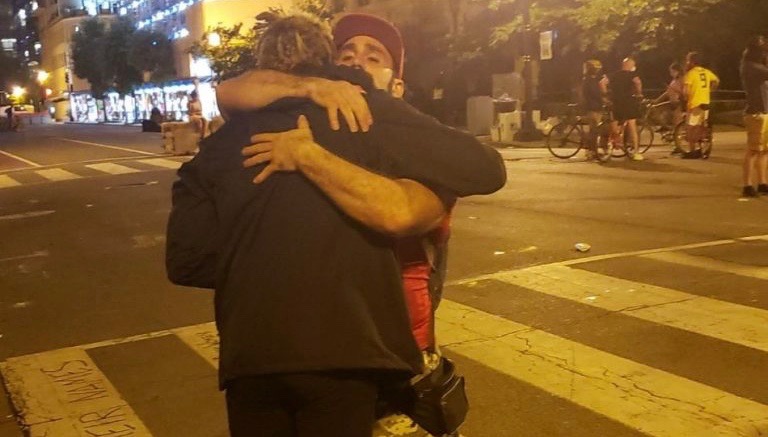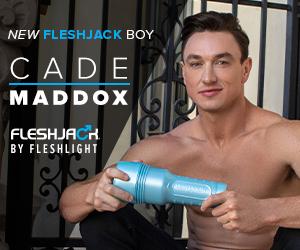Two months after we were all placed under strict lockdown orders, the country watched on social media in disgust as a police officer knelt on George Floyd’s neck for 8 minutes and 46 seconds. Already frustrated with the government’s response to the coronavirus pandemic, people united across the country to demand the immediate addressing of issues that we the people were tired of having to endure and feel together. Protests turned violent, and I thought of what Dr. Martin Luther King once said:
“I could never again raise my voice against the violence of the oppressed in the ghettos without having first spoken clearly to the greatest purveyor of violence in the world today—my own government.”
But as quickly as the country came together to demand justice, it split once again over the response to such atrocities. As protests turned into riots and looting, many commented along the lines of, “Rioting never gets us anywhere.” Or “MLK would not have approved of violence.” “Violence never solves anything” was another comment I saw being widely shared on social media by mainly white gay males this summer. Even a former co-star of mine Bill Santoro came under fire for such sentiments as, “Lol. America! Lol you let your blacks loot as a way of protest, Wake the f**k up. Shoot first” in a since deleted tweet.
I sat this summer wondering how a community could forget where all its rights came from. After all, it was a biracial lesbian by the name of Stormé DeLarverie who sparked the Stonewall Riots—the same riots where people within the gay community burned cars, broke windows, attacked police. Why was it OK to fight for your justice then, but when another community needs our support we ask them to remain civil to a justice system that shoots first and condones the murder later?
So I took to the streets myself. My first protest in Tampa was also the first one of my life. I remember listening to people from the Black community pour their hearts out on the street. I remember seeing the look in some cops’ eyes that told me they were the kind of bad apples that needed weeding out from the force. Though I had the company of one of my young gay male friends, the lack of older gay males struck me as odd.
As I made my way to Atlanta following the intense scene in Tampa, the news was reporting heavily about protests in NYC. On Twitter and other social media outlets, I saw older white gay men claim that change could only come from peaceful protests, and they expressed their distaste for the looting and rioting on the part of people ignored by our government for far too long. This didn’t sit well with me.
I spent about a week in Atlanta, partaking in various protests throughout the city and connecting with local protestors. The energy was electric, since Georgia has been in the far-right-wing hot seat for the better part of a decade. Even the youth LGBTQ community was organizing marches on behalf of BLM, anti-police brutality, and Black trans awareness. Following the shooting of Rayshard Brooks in an Atlanta parking lot, I was there to witness protestors set the Wendy’s in that parking lot on fire. Whole communities were fed up with what was happening, but where were all the older white gay males?
I picked up an Atlantan that accompanied me on my drive to D.C. Along the way, the vibe on social media from older white gay men was one of shaming BLM protestors. Rhetoric about peaceful this and peaceful that, while simultaneously ignoring their own history. Did they not remember the human connection that the protests and riots brought the entire community? In D.C. again, the LGBTQ youth led the way in representation. We were assaulted together, we cried together, bled together in the streets protesting abuses of power, brutality and accountability. It was beautiful and terrifying. People from everywhere. Fighting for each other.
As so often happens, it appears once a group gets a seat at the table, they’re no longer interested in working to ensure others get seated, too. Will older gay men answer the call and take to the streets to support the Black community the way others stood up for the gay community’s quest for civil rights? If we don’t start closing these generational gaps, we won’t have enough support to make long lasting, positive change. Whether or not it’s through peaceful protest or burning the system to the ground.
The Gay Goods is dedicated to engaging with a range of opinions and viewpoints. To share yours, email [email protected].
Get real time update about this post category directly on your device, subscribe now.





3 comments
Strange to live in a world where silence is now considered “violence” yet looting and vandalism apparently do not count as such? Also…it is possible to support our black and brown brothers and sisters without supporting BLM the organization. Defund the police? We need *more* police, not less. And we need to be paying them more. Retrain them, sure. And then let’s have an open and honest conversation about crime statistics. On such sensitive topics, I defer to the wisdom of Coleman Hughes and John McWhorter.
The true identity of which individual “sparked” the Stonewall Riots is not known. It was a situation that evolved and involved many.
Many of us were in isolation, due to COVID-19.
While I support BLM, I am mindful that many of the powerful and leaders of the black community have worked against the efforts of the gay community to achieve our civil rights.
Where were they? Probably quarantining; They lived through the AIDS crisis, lost friends and lovers, and are likely not taking their chances with another virus.